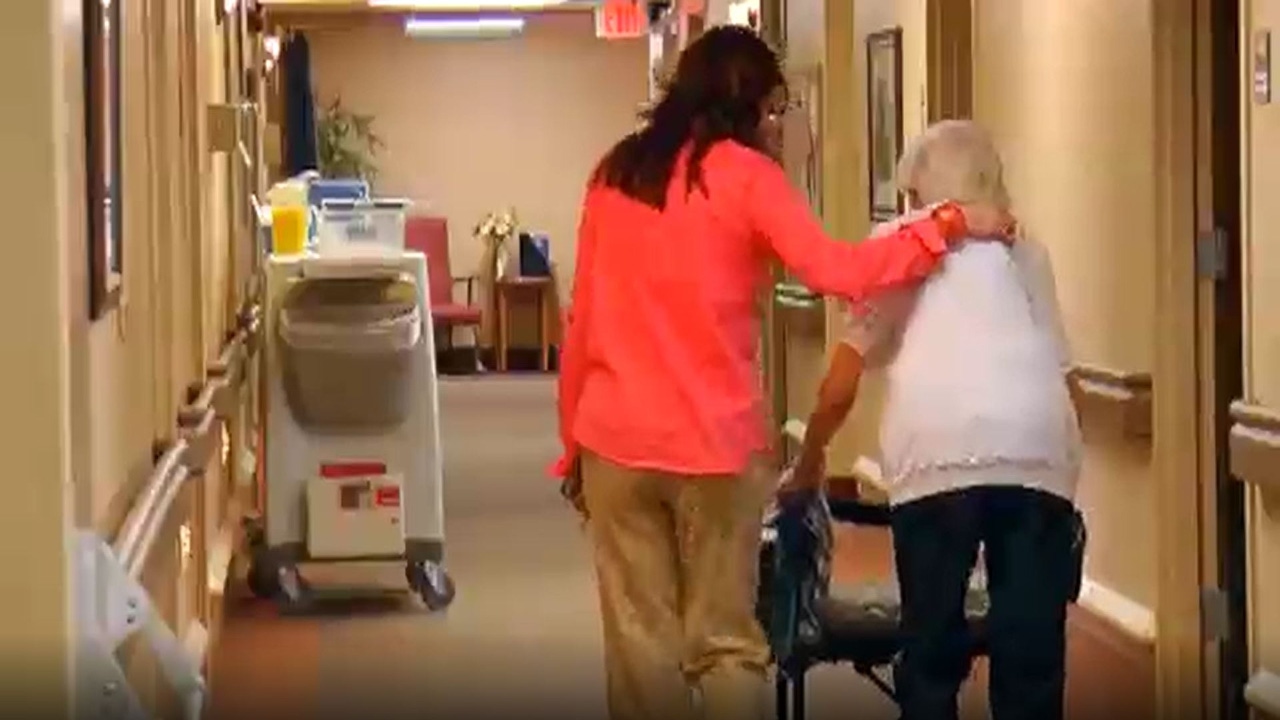Immigrants fill critical health care jobs
[anvplayer video=”5085521″ station=”998122″]
Immigrants and refugees are helping to fill critical gaps in the health care workforce in Minnesota.
The Department of Employment and Economic Development told 5 EYEWITNESS NEWS that immigrants now make up 11.5% of the state’s health care workers.
“Demand for health care workers has never been higher in the state of Minnesota. Essentially one in every five vacancies in the state right now is in health care and social assistance. It’s the highest number ever on record,” said Cameron Macht, regional analysis and outreach manager at DEED’s Labor Market Information Office.
Macht said, overall, 80,000 immigrants joined the workforce in Minnesota in the last decade.
“In Minnesota’s economy, immigrants are absolutely vital and have been one of the greatest sources of labor force growth over the last decade,” Macht said.

Andu Dube moved to Minnesota from Ethiopia and immediately started pursuing a career in health care.
He completed his certified nursing assistant training at the International Institute of Minnesota, a refugee resettlement agency in St. Paul.
Dube now works at nursing homes in Minnesota and Wisconsin.
“They make me happy, to help them, to protect them, to give them good care,” Dube said.
The CNA training program at the International Institute of Minnesota takes eight weeks to complete and is free to students.
“A lot of them come here knowing they want to make a difference and want to pursue a rewarding career that means something to them,” said Julie Garner-Pringle, the CNA training program manager.
She said some of the students come with medical experience from their home countries, but it is not required.
The program has trained 3,000 immigrants as CNAs over the past two decades.
“At certification, we can pretty much guarantee a job offer,” Garner-Pringle said.
The current class will be certified in March and able to start work immediately.
She said the school also helps diversify Minnesota’s workforce.
“They come from a lot of African countries, a lot of Asian countries. In this cohort right now of 27 students, we have 20 different countries represented,” Garner-Pringle said.
According to DEED, health care jobs will remain in demand for years to come.
“It’s not just a short-term need, it’s also a long-term need,” Macht said. “Minnesota is expected to add 60,000 new jobs in health care over next 10 years. It can be a good high-paying job now and a good long-term career opportunity as well.”
Free CNA training is currently available to Minnesotans age 15 and up.
For more information on health care opportunities, click here.